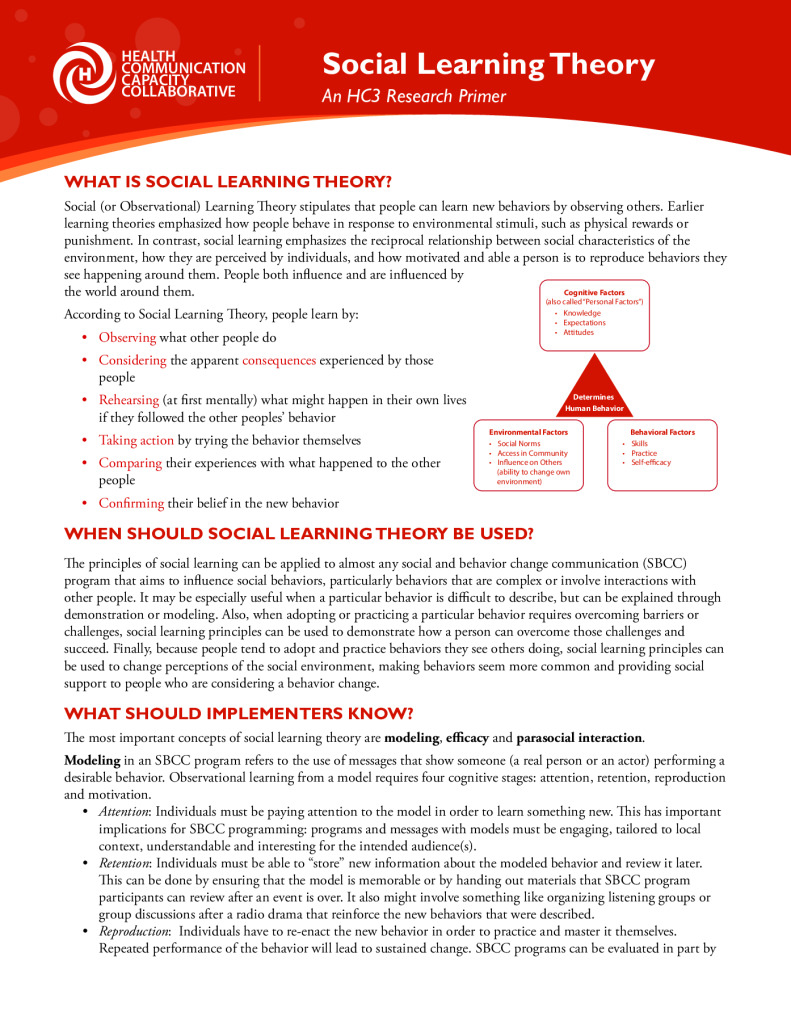
Resources
Knowledge, Beliefs, Attitudes, and Self-efficacy: strengthening an individual’s ability to achieve their reproductive intentions
High-Impact Practices
Previous

HP+ Legal and Policy Framework to Accountability A...
Next

Advocacy & Accountability Framework
Topics:
Advocacy & Awareness
Implement interventions to strengthen an individual’s ability to achieve their reproductive intentions by addressing their knowledge, beliefs, attitudes, and self-efficacy.
Accurate knowledge about family planning has long been understood as a critical factor to reach various family planning goals and essential to informed choice. Furthermore, inaccurate knowledge about fertility has been associated with unintended pregnancies.3 Experts believe that individuals with accurate knowledge that goes beyond knowing a few contraceptive methods, such as knowledge of fertility or contraceptive side effects, are more likely to use and less likely to discontinue using family planning to fulfill their fertility intentions. In addition to knowledge, other individual factors influencing someone’s ability to reach their fertility intentions include beliefs, attitudes, and self-efficacy. Several theories highlight the role of these factors in behavior change, including the theory of planned behaviour, social learning theory, and the ideational model, and there is significant research on their influence on health behaviors.









